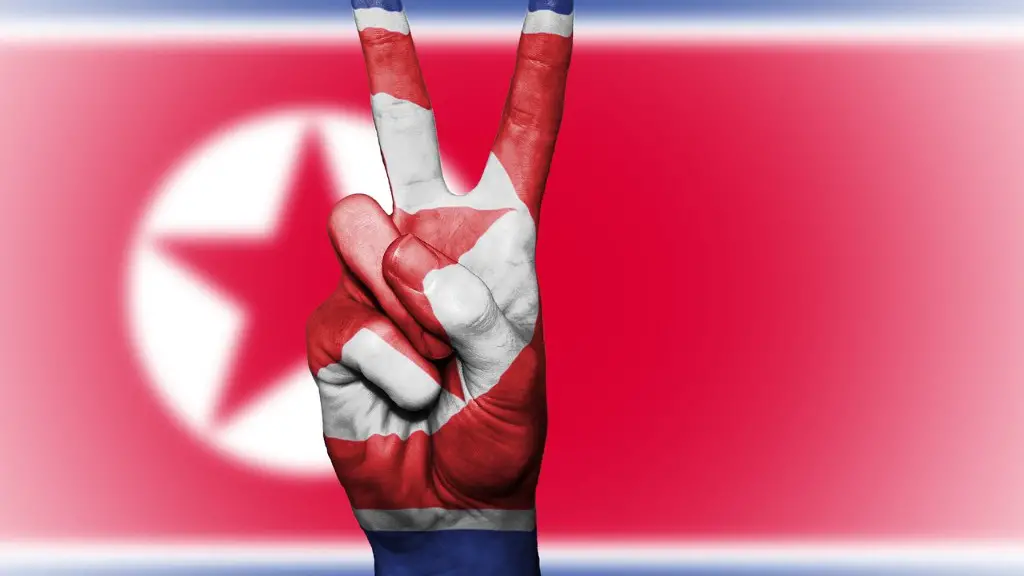geopolitical history
The troubled relationship between North Korea and the US dates back to the end of World War 2 in 1945 when the Soviet Union and the US divided the Korean peninsula into two spheres of influence. The US-aligned Republic of Korea (ROK) was created in the south while the Soviet Union backed the Democratic People’s Republic of Korea (DPRK) in the north. In 1950, the North launched a surprise invasion of the South, sparking the three-year Korean War.The war ended in 1953 with an armistice but the peninsula remained divided.
Since then, North Korea has seen the US as a perennial enemy. Following the war, the US maintained a heavy military presence in the South, in a bid to stop the North from making another attempt to reunify the peninsula by force. In the eyes of the North’s state-controlled media, the American military is “the ultimate intruder to the Korean nation”.
Nuclear ambitions
North Korea’s animosity towards the US has been further fuelled by its nuclear ambitions. Since the 1990s, the North has advanced its nuclear program in defiance of international pressure. In 2017, Pyongyang claimed it had achieved its goal of becoming a nuclear state by successfully testing an intercontinental ballistic missile that could potentially reach the US mainland.
Though the US has repeatedly called on Pyongyang to give up its nuclear weapons, the North and successiveKim regimes have refused to back down. This is in part because Pyongyang believes nuclear weapons offer the best deterrent against what it perceives as US-led military aggression – namey, a US invasion to unify the two Koreas under its control.
Current state of affairs
Today, US-North Korea relations remain at an impasse. Pyongyang is yet to even negotiate an official end to the armistice that halted the Korean War in 1953 and the countries do not have diplomatic ties. While US President Donald Trump has met three times with North Korean leader Kim Jong Un, little has actually been achieved on the diplomatic front. In 2019, negotiations between the two countries on North Korea’s nuclear program stalled and the US has since imposed strict economic sanctions on Pyongyang.
Although the US has offered to help North Korea rebuild its floundering economy in exchange for nuclear disarmament, Kim has maintained that the North’s nuclear weapons are not up for negotiation. In the eyes of Pyongyang, nuclear weapons are the only guarantee of regime security.
Human Rights Abuses
North Korea’s human rights abuses have also been widely condemned by the US and the international community. Since assuming power in 2011, Kim has overseen a network of political prisons that Amnesty International estimates contains up to 120,000 prisoners, including many innocent women and children.Though Kim has recently taken steps to improve his public image, the US has more recently accused him of perpetrating and covering up human rights violations.
US Policy towards North Korea
Washington’s policy towards North Korea is guided by the Kim Dae-Jung administration’s June 15 Joint Declaration of 2000, which promotes the “sunshine policy” of dialogue and engagement but emphasizes the importance of North Korea’s compliance with international law. As such, the US has continually urged North Korea to abandon its nuclear ambitions, respect human rights, and come to the negotiating table.
At the same time, the US has warned Pyongyang that all options remain on the table, including military action. This has had the effect of further raising tensions between the two countries.
Fear of the US
The average North Korean citizen is brought up to live in fear of the US and their military presence in South Korea. The state-controlled media pushes an anti-American sentiment and portrays the US as an antagonist. This focus on foreign aggression serves to distract the North Korean public from their dire domestic situation.
Conclusion
To conclude, North Korea’s animosity towards the US is grounded in a deep-seated sense of mistrust and much of their current antagonism is rooted in North Korea’s need for self-preservation. Pyongyang’s nuclear ambitions serve as their only real safeguard against external interference and US-imposed economic sanctions. As such, the US must approach North Korea with a diplomatic mindset and understand why Pyongyang remains unwilling to give up its nuclear program.

